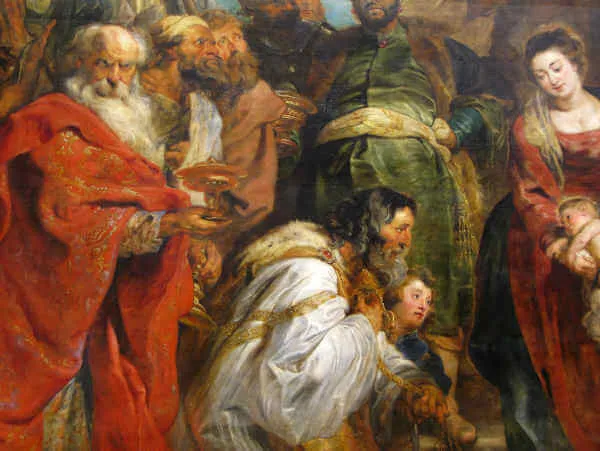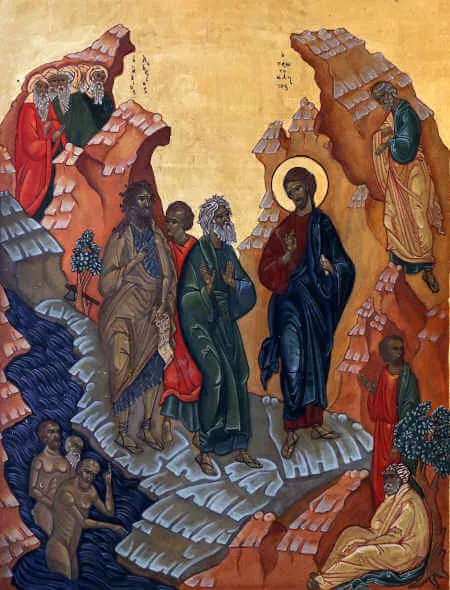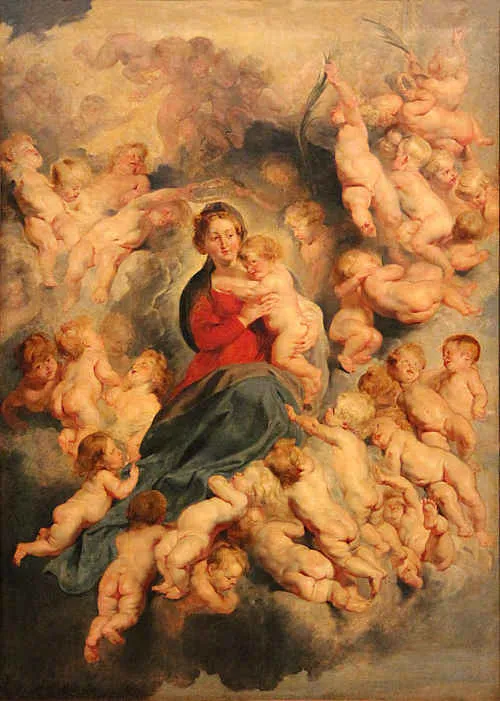Matthew 4:17
Repent with Your Whole Heart
From that time on, Jesus began to preach and say, “Repent, for the Kingdom of heaven is at hand.”
Reflection:
Now that our Christmas Octave and Epiphany celebrations are complete, we begin to turn our eyes to the public ministry of Christ. The above line from today’s Gospel presents us with the most central summary of all of the teachings of Jesus: Repent. However, He doesn’t say only to repent, He also says that “the Kingdom of heaven is at hand.” And that second statement is the reason we must repent.
In his spiritual classic, The Spiritual Exercises, Saint Ignatius of Loyola explains that the primary reason for our lives is to give to God the greatest glory we can. In other words, to bring forth the Kingdom of Heaven. But he also goes on to say that this can only be accomplished when we turn away from sin and all inordinate attachments in our lives so that the one and only focus of our lives is the Kingdom of Heaven. This is the goal of repentance.
Soon we will celebrate the Feast of the Baptism of the Lord, and then we return to Ordinary Time within the Liturgical Year. Throughout Ordinary Time, we will reflect upon the public ministry of Jesus and focus upon His many teachings. But all of His teachings, everything that He says and does, ultimately points us to repentance, a turning away from sin and a turning toward our glorious God.
In your own life, it is essential that you place before your mind and heart the call to repentance. It is essential that you daily hear Jesus saying those words to you: “Repent, for the Kingdom of heaven is at hand.” Do not only think about Him saying this many years ago; rather, hear it said to you, today, tomorrow and every day of your life. There will never be a time in your life when you do not need to repent with all your heart. We will never reach perfection in this life, so repentance must be our daily mission.
Reflect, today, upon this exhortation from our Lord to repent. Repent with your whole heart. Examining your actions every day is essential to this mission. See the ways that your actions keep you from God and reject those actions. And look for the ways that God is active in your life and embrace those acts of mercy. Repent and turn toward the Lord. This is Jesus’ message to you this day.
Source: https://catholic-daily-reflections.com/2025/01/05/repent-with-your-whole-heart-2/












